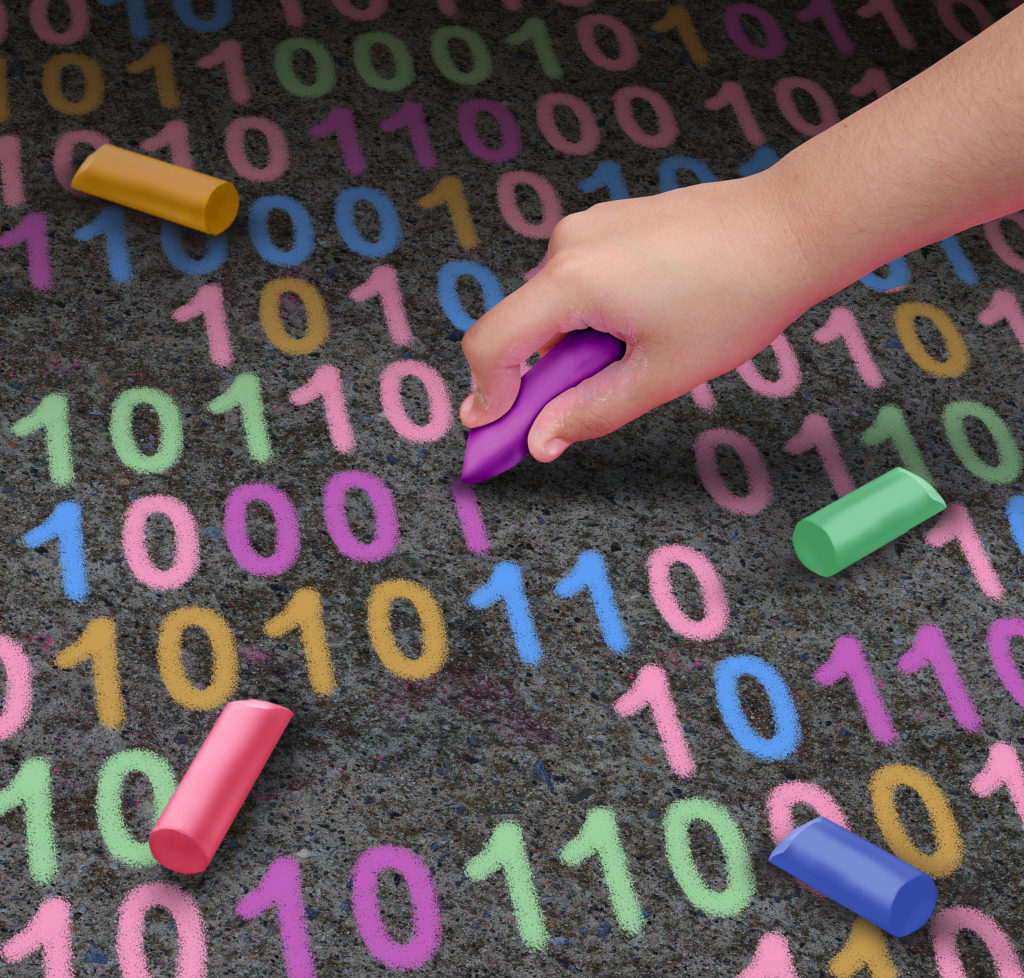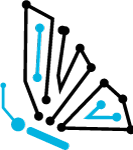Let’s Learn Computer Science! Join CSEdWeek and Hour of Code

Computers have changed the world in big ways. From the invention of the first digital computer during WWII (the Electronic Numerical Integrator and Computer), to the invention of the internet in 1983, computer science has made information more accessible than ever, and has led to major advancements in science and technology. It has also led to better jobs. Today, computer scientists earn an average salary of $104,000 in the United States. There’s just one problem: Despite the benefits of having a computer science degree, there aren’t enough students majoring in it. As a result, there are not enough computer scientists. It’s estimated that a million U.S. computer programming jobs were never filled in 2020 because there weren’t enough skilled graduates to take them.
Since 2009, Computer Science Education Week has been trying to solve this problem. A joint effort led by the Association for Computing Machinery, #CSEdWeek strives to get kids excited about computer science education and careers. This year’s theme focuses on “the impact that computer science is making everywhere and the relationship that computer science has to different subjects, industries, career paths, and our everyday lives,” according to the CSEdWeek website.
Learn more about #CSEdWeek, or go directly to the teacher resources page.
Hour of Code
A big reason many students don’t major in computer science is that they think it will be too hard. However, if kids learn computer science at a young age, they will have more confidence to pursue it as a career. “Hour of Code” is a movement that encourages kids to learn the basics of coding, so they can build foundational skills in computer science and have fun doing it. These free, hour-long coding events are hosted on Code.org and take place during #CSEdWeek. Anyone can organize an hour of code event. Currently, the movement spans millions of students in over 180 countries, according to its website. This year’s Hour of Code will focus on Computer Science Connections, a curriculum that makes connections between learning computer science and other subjects like math, language arts, science, and social studies.
Code.org is a non-profit website supported by Microsoft, Amazon, Facebook, the Infosys Foundation, Google, and more. The website offers a catalog of free, fun courses for pre-university students. Once students learn the basics of coding, they can move onto more advanced tutorials.
See more of IEEE TryEngineering resources on coding here.























